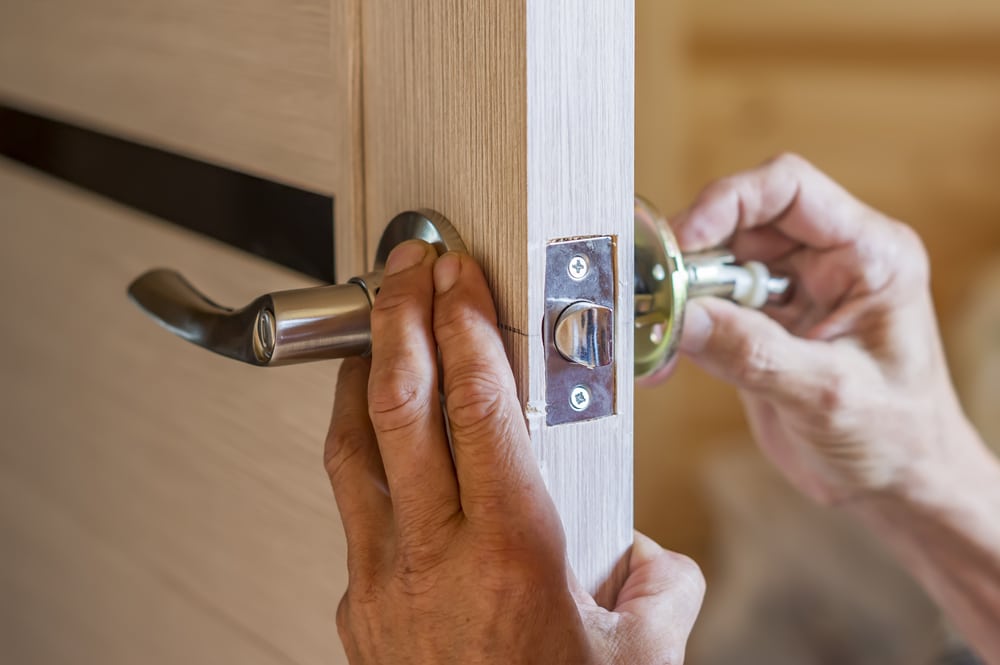Houses become contentious issues during divorces.
Most couples agree on the need to sell their house after divorce.
However, they often disagree on other details.
This is why buying out an ex during divorce is a good potential solution.
What is a buyout?
During a divorce, there are three typical ways that many spouses deal with the family home.
- Co-ownership
- sell the house and split any remaining capital
- Buying out your ex-spouse.
For many with children, 3 is the preferred option.
Benefits of buyouts during divorce
There are many benefits to buyouts during divorce. Some of the main ones:
- One parent buying out the other secures the stability and continuity for children
- The spouse being bought out can access their money quickly
- One partner can leave the martial home quicker
- The spouse buying out the other does not need to find a new home
- Both partners save on the costs of selling property.
How to buy out your ex-partner
Reach an agreement
In short, if you want to buyout your partner, you will both need to agree that it is the correct course of action.
It’s not always 50/50
When a couple separates it is often assumed that everything will be split 50/50.
However, this is not necessarily the case, even if the divorcing couple are joint tenants. After all, there are different tenants in common set ups.
If an agreement can’t be reached, solicitors will often get involved. This can be time-consuming and expensive.
Financial aspects such as mortgage payments and home improvements will be considered.
Children come first
Children aged 18 are prioritised by legal professionals during divorces. Their welfare is paramount in the eyes of the law and this can make buyouts complex.
Remaining in the family home with your children is the ideal scenario.
If and can afford to buy your ex-partner out.
But if you cannot afford it, proceedings can become trickier.
However, if your ex-spouse agrees, you may be able to offset your ex-partner’s property share. You can do this by taking decreased child maintenance payments.
Valuation
Following a mutual decision, a you need to get your property valued.
This can in a variety of ways:
- A value decided between you and your ex-spouse (with desktop research)
- A value following a recent valuation by an estate agent (often free)
- Paying a conveyancer to value the home (more objective than an estate agent)
Mortgage
Next, you need to take your mortgage taken into account.
You will need to take your ex’s name off the mortgage.
And to do this, you not only need to be certain you can afford it.
You need to make sure your mortgage provider agrees to it. If they don’t, you should see if you can switch to another mortgage provider.
Paying out
A buyout can occur via the following methods:
- Paying a lump sum to your ex-spouse
- Agreeing a payment schedule over an agreed time frame
- Giving other assets to your ex-spouse (equal the value of their share)
- Take out a secured loan.
Selling the family home
Sometimes agreements between divorcing couples simply can’t be reached.
A compromise may have to be made to save on legal fees and your own mental health.
It may be best to sell and split the value between you and your ex-spouse.
Percentage shares will be decided mutually or via your solicitors.
You can share through an estate agent you both agree on. Otherwise, again, your legal representatives will have help achieve a solution.
Example payout scenario
A couple may be going through a contested divorce.
One ex-spouse is granted a 30% share in a property worth £300,000. So, the other partner would need to agree to but them out with £100,000 in money or assets.
However, if the first partner had a 60% share, the buy out would be £180,000.
We Buy Any Home
If you do want to wait for your family home to sell on the traditional market, you can utilise a cash house buyer.
At We Buy Any Home, we can sell your house in as little as 7 days, fee-free.
Our quick house sale solution is ideal for those who want a guaranteed sale and zero hassle. You can get a free, no-obligation cash offer from us in just 24 hours.

















